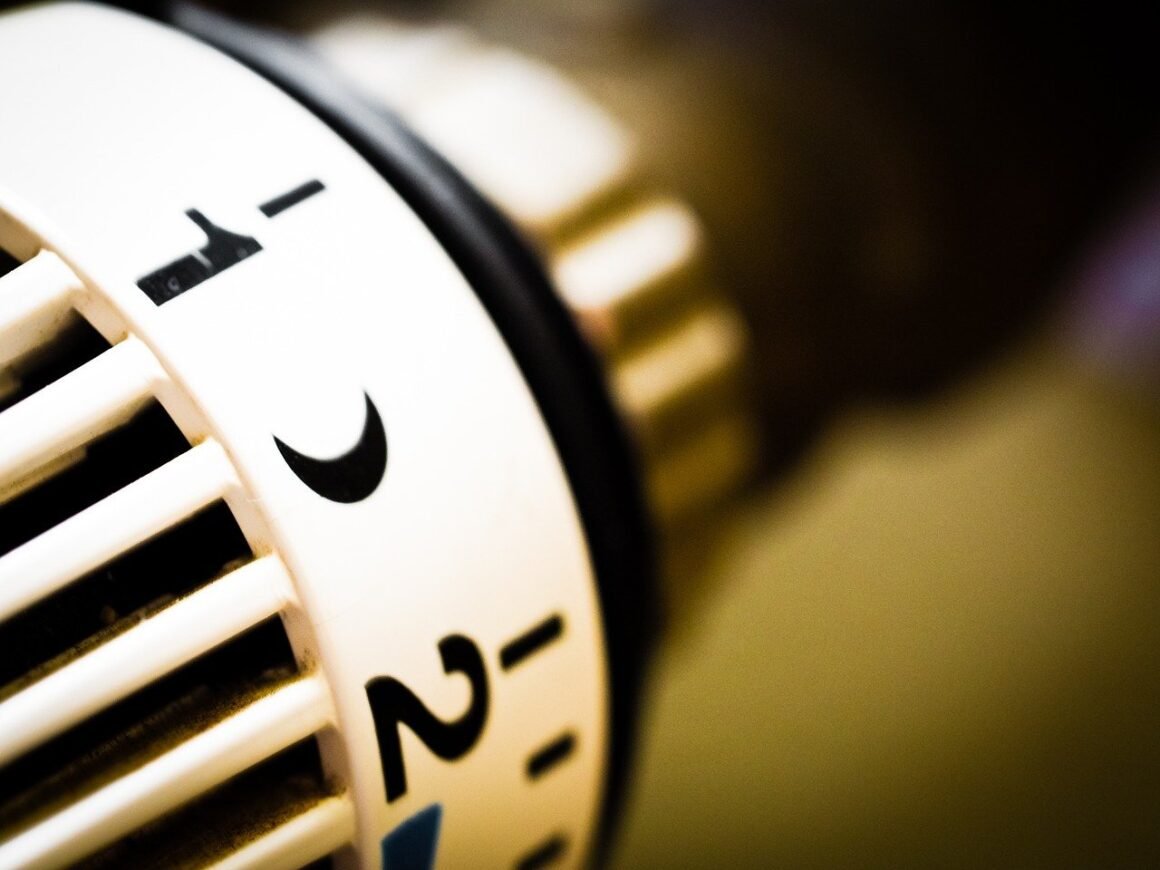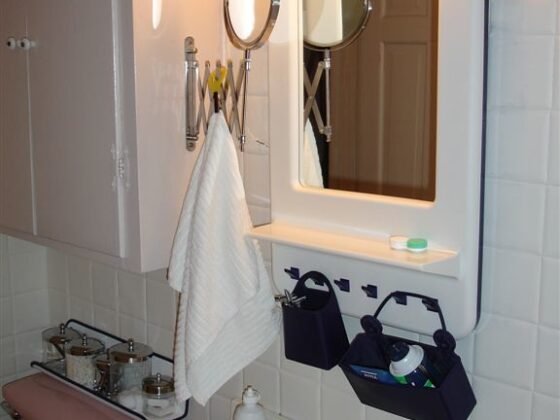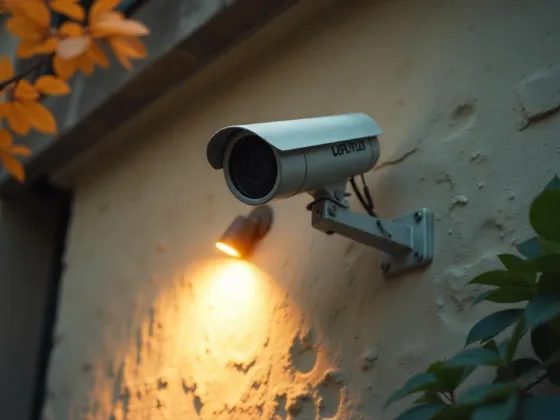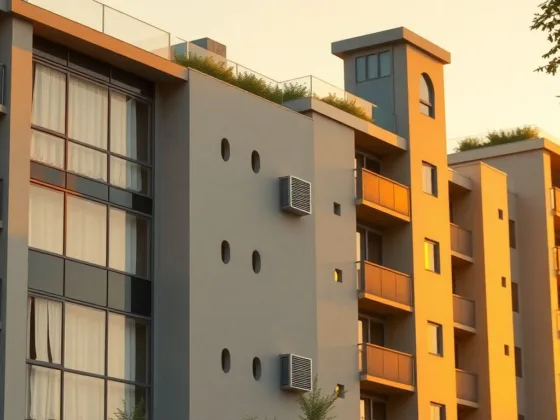There are many benefits to installing an electric heating system in your home. One of the most significant reasons is that they are safer than other types of heating systems.
This is because electric heat management doesn’t rely on a potentially dangerous fuel source like natural gas or oil, and it also doesn’t require venting into the atmosphere.
Another reason is that you might not have the heat or A/C system in your home running as efficiently as it should be without proper insulation.
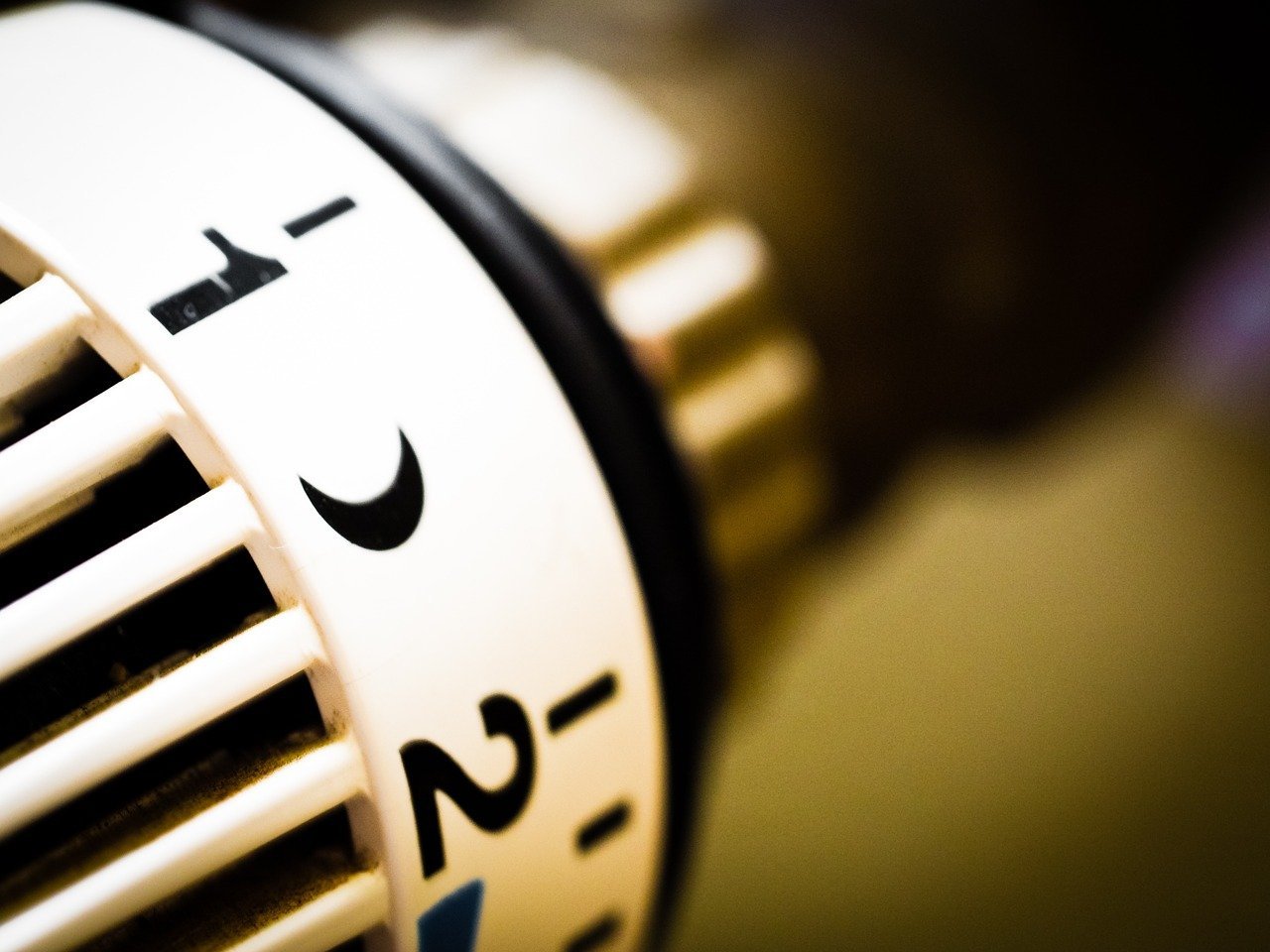
This could also lead to higher electric bills, so it’s essential for everyone who has an electrical heating system in their home to take the necessary steps toward better insulation management today!
There are quite some elements that can go wrong with your heating system, but you don’t need to worry about them now.
You need to make sure that it is insulated correctly, and for that, we at http://elicon.dk have the city’s best electrician available.
The best way to manage heat in your electrical panel is to take advantage of the air gaps and natural airflow between panels.
Read Also:
Wiggle the gap open if you want more, or close it up slightly if you want less.
If your space doesn’t allow for this kind of ventilation, you’ll need some other system like an exhaust fan that will suck out the hot air from inside the panel.
However, just because you’re using electricity for your heating system doesn’t mean you should skimp on insulation!
Here’s How to Properly Insulate Your Home for An Effective, Healthy, And Safe Electric Heating System
-Ensure all wiring has been installed correctly by having a licensed electrician check it out before anything else. – Consider adding additional electrical circuits if necessary so that you can power.
– Install a high-quality electric heater. This will keep your home warmer and more comfortable while also preserving energy for the future.
It’s essential to install an electric heating system that is well-matched with the current size of your home, so you have enough heat power in reserve on cold days when demand spikes.
You want one with a backup generator or battery to carry through long periods without electricity supply from the grid.
Insulating should be done strategically–insulate where there are drafts around windows and doors and between rooms if they’re not adjacent areas such as attics, basements, garages, etc.
Keep exterior walls adequately protected by ensuring that all utilities supplying these surfaces (such as electrical wiring and plumbing pipes) are well-insulated.
Proper insulation will not only keep your space and possessions more comfortable, but it also helps to conserve energy for future use by ensuring that there is enough heat power in reserve on cold days when demand spikes.
Many people don’t know it, but there are lots of different insulation materials out there for meeting even the most specific needs when insulating a building.
The more you know about your insulation materials, the easier it will be to keep yourself safe and healthy while enjoying a comfortable indoor environment.
After reading this blog post on heat management, if you have any questions or need help with the installation and maintenance of various types of insulation systems for your home or workplace, reach us so that we can get back to you as soon as possible!
We have our best team of employees who can help you in every way, providing you with the best quality and services.
